BANS final event – Brussels 26 March 2018
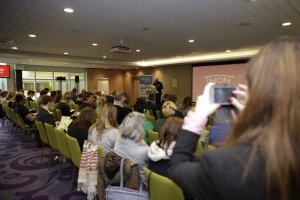
Two-year EU-funded project supporting small-scale fishers across the
Baltic and North Sea celebrates its closure with well attended gathering in Brussels
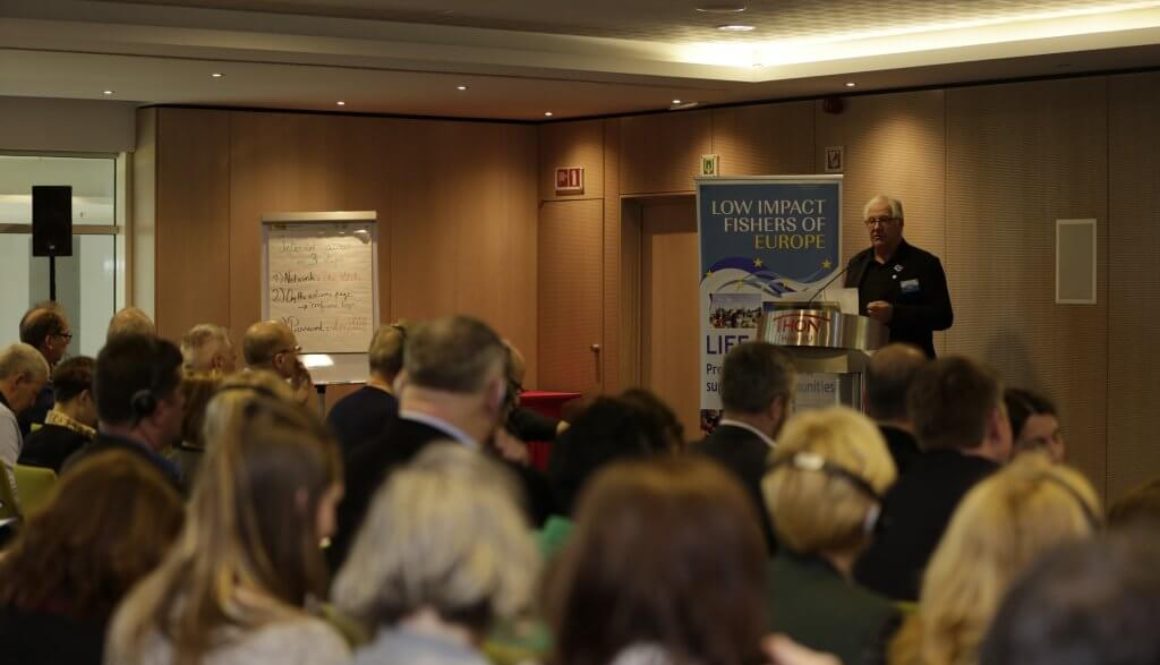

Two-year EU-funded project supporting small-scale fishers across the
Baltic and North Sea celebrates its closure with well attended gathering in Brussels
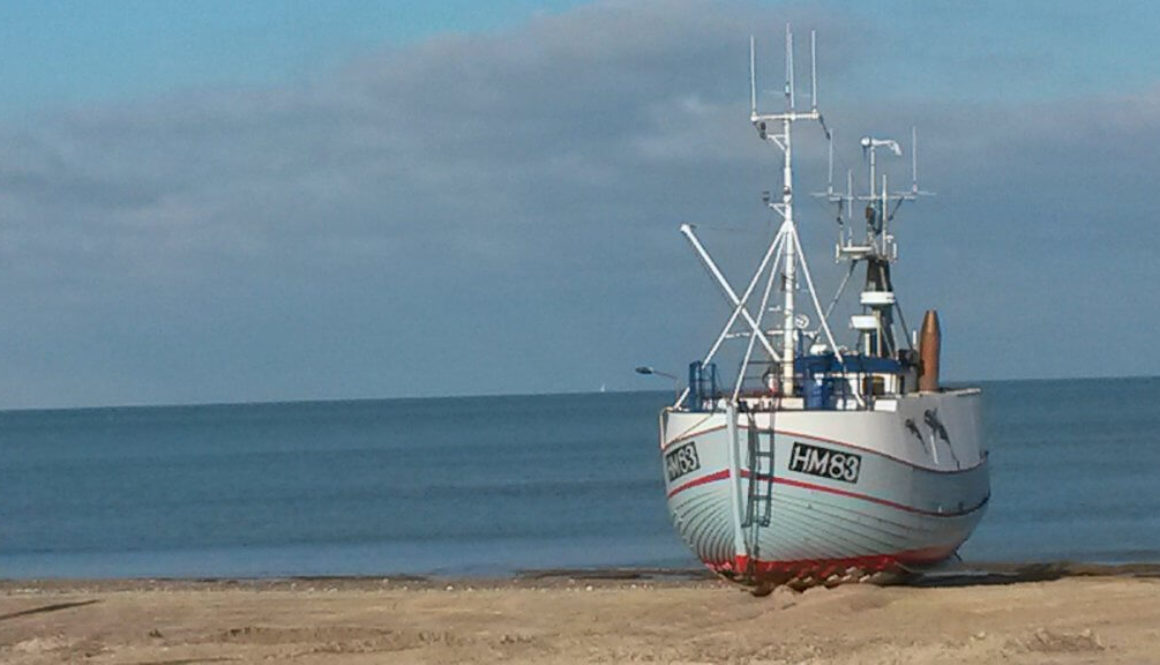
Biuletyn zawiera:
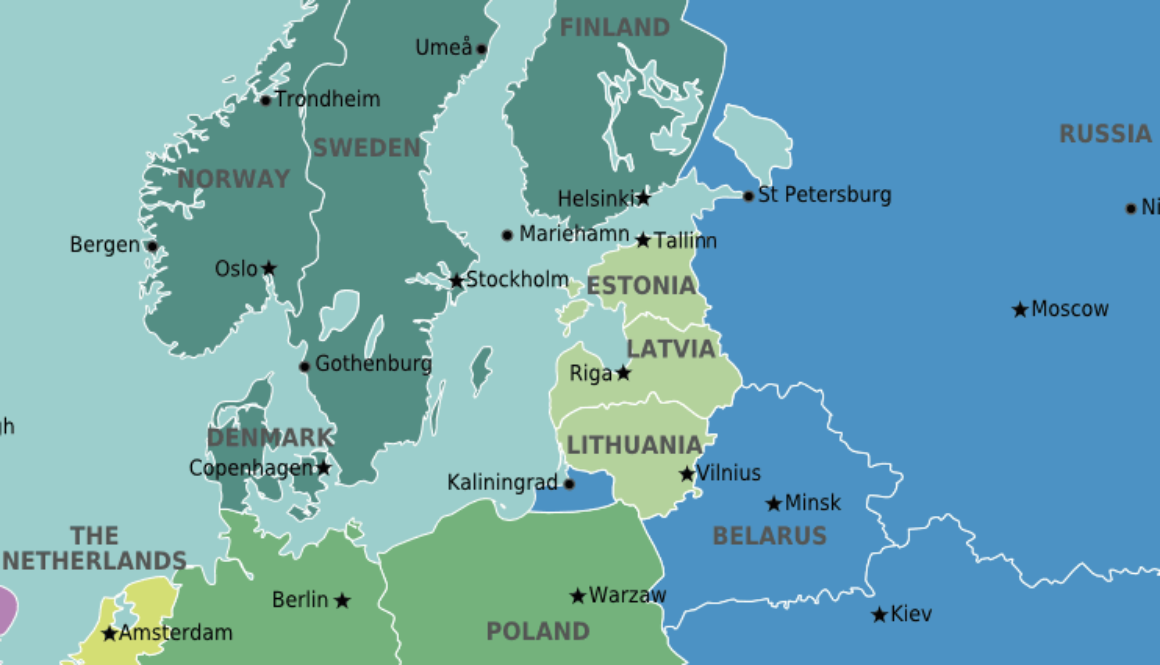
Article 17 and illegal discarding in the Baltic Sea: LIFE writes to Danish Minister Karen Ellemann and urges immediate action!
Access the official letter here
Access the official reply of the Ministry here
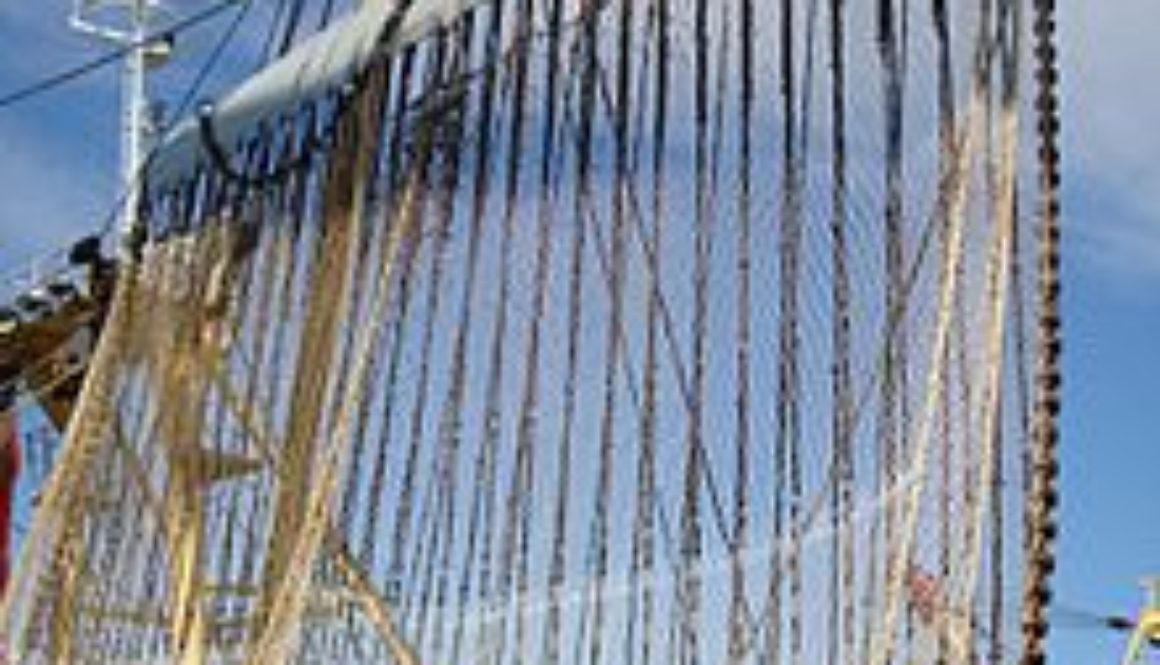
Biuletyn zawiera:
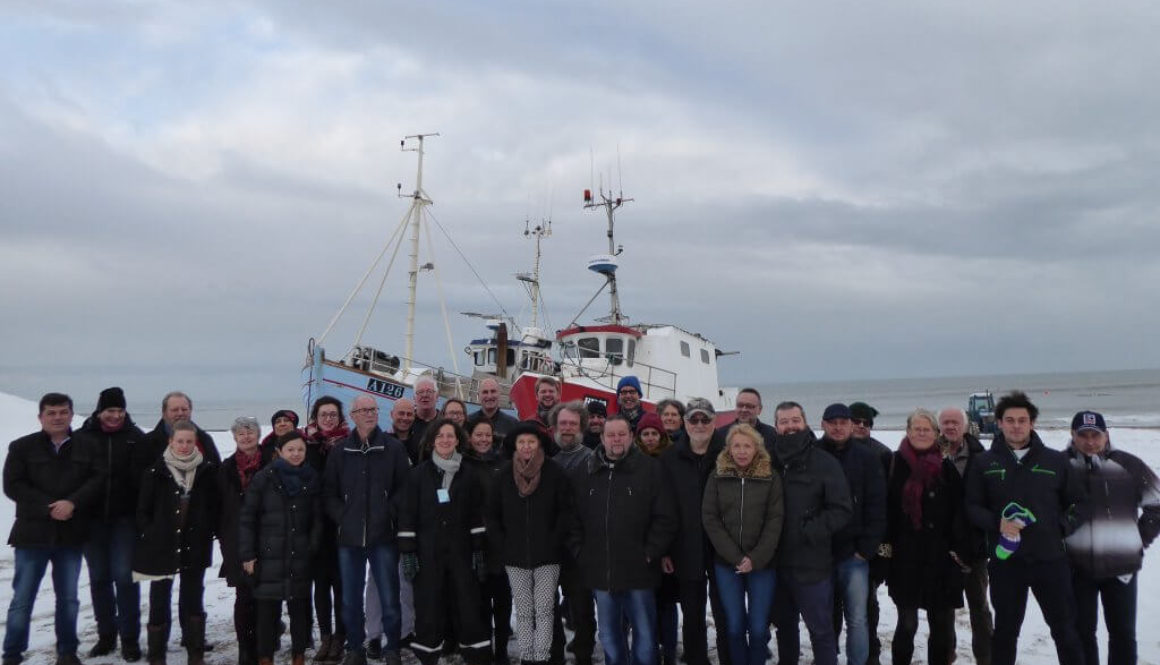
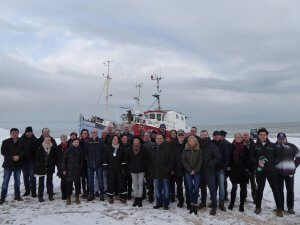
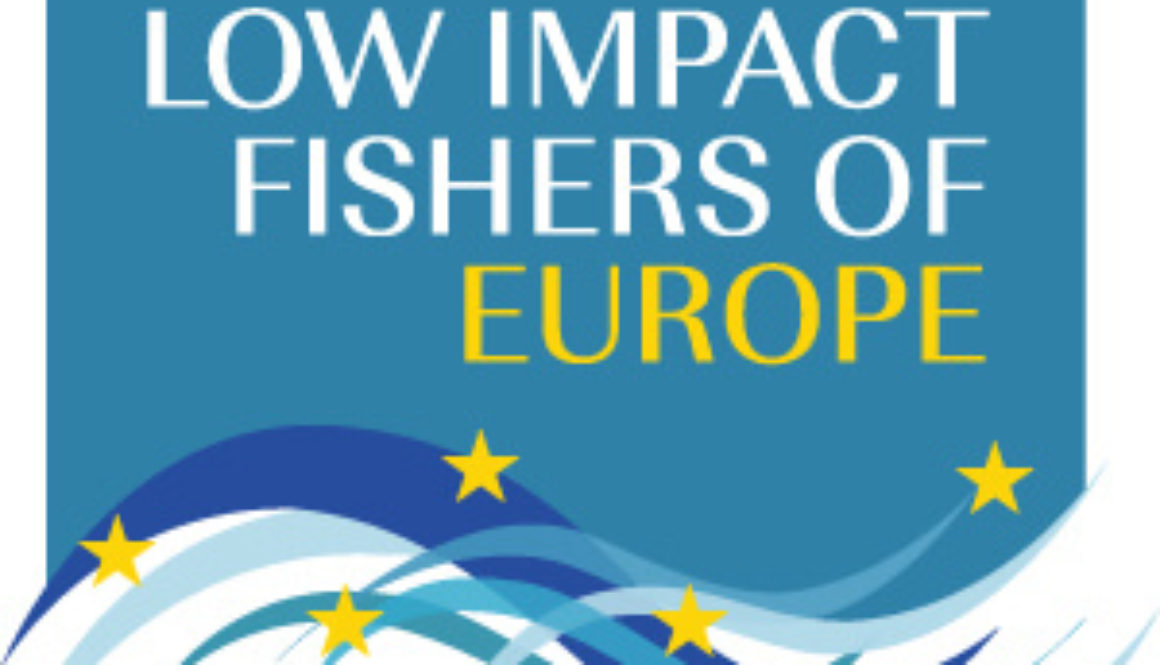
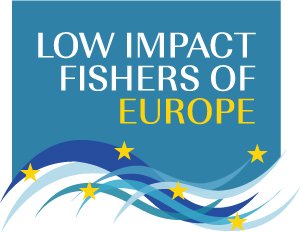
Press Release – for immediate release
How the failure to properly recognise and regulate the EU’s fish producer organisations [POs] is failing the Common Fisheries Policy and smaller-scale fishermen and what should be done to resolve it.
There is increasing interest amongst the small scale coastal fishers (SSCF) of Europe [80% by number of the overall EU fleet] in the possible benefits to them of creating small scale fisher specific producer organisations.
This would be good news for all parties interested in achieving the CFP’s objectives as the regulations acknowledge that POs are “the key” to achieving those objectives” and Europe’s small scale coastal fishers represent a large majority of all Europe’s fishers.
LIFE commissioned this report to determine whether the regulations and structure that Europe’s SSCF would be signing up to are fit for purpose, open, fair and equitable.
The report makes clear the need for the Commission and the Member States to take action to ensure that the conditions for recognition of producer organisations and inter-branch organisations laid down in Articles 14 and 16 of the Common Organisation of the Markets Regulation respectively are complied with.
Their continued failure to do so is a direct threat to the key objectives of the Common Fisheries Policy and the Common Organisation of the Markets.
We urge the Commission to carry out an urgent review of its Member States’ POs’ compliance and to consider our recommendations, which are intended to constructively propose ways to address the current regulatory system’s failure.
Note for Editors: The Low Impact Fishers of Europe platform [LIFE] is an organisation of organisations of small scale commercial fishermen across Europe, run by fishermen, for fishermen. Its mission is to achieve conditions in which fishing is performed in a sustainable manner and small scale low impact fishermen and women in Europe can maximise their social and economic viability.
ACCESS THE OFFICIAL REPORT IN ENGLISH HERE
♦ ♦ ♦
For further information contact Claudia Orlandini, Communications Officer in LIFE’s Brussels office on 0032 2741 2433 or for UK based inquiries; 0044 1437 751242

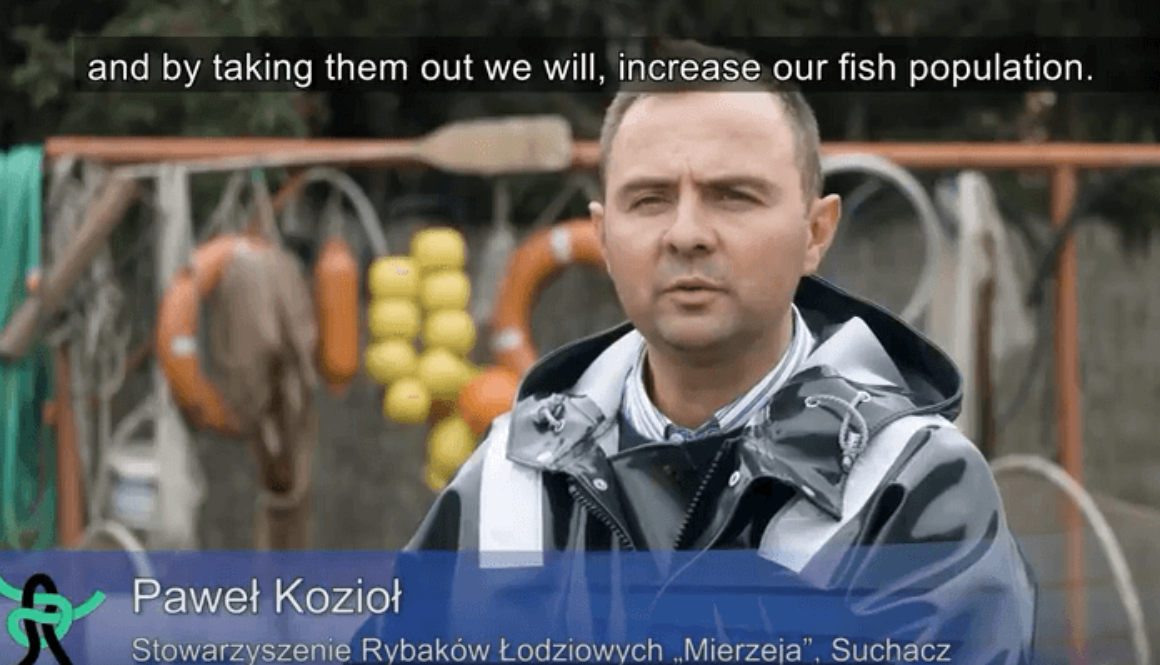
147 ton śmieci wyłowionych z Bałtyku:
Polska jako europejski lider w tematyce sieci widm
Warszawa, 16 stycznia 2018
Marcin Ruciński
Narzędzia połowowe zagubione na morzu oraz ich wpływ na środowisko morskie to przedmiot wielu badań i działań w kontekście globalnym. Jeden z najlepszych projektów w tym zakresie, „Czysty Bałtyk”, jest właśnie finalizowany w wodach przybrzeżnych Polski, łącznie z Zalewami, z zaangażowaniem ponad 500 rybaków małoskalowych.
Trzy organizacje członkowskie LIFE z Polski włączyły się w ten projekt o dużej skali, sfinansowany dzięki środkom Europejskiego Funduszu Morskiego i Rybackiego, dostępnych Polsce w ramach „Programu Operacyjnego Rybactwo i Morze 2014-2020”. Jesteśmy zadowoleni z fakt, że subsydia UE zostały wykorzystane na jednoznacznie pozytywny cel – poprawę stanu środowiska morskiego, w który operują polscy rybacy małoskalowi, co jest korzystne także dla innych użytkowników mórz.
Rybacy wyłowili łącznie nieco poniżej 147 ton odpadów. Przeważającym rodzajem wyławianych narzędzi połowowych były sieci stawne. Z morza wyławiano także sieci trałowe, żaki, takle i pułapki. W wyłowionych narzędziach połowowych, poza rybami znajdowano także inne organizmy morskie, w tym ptaki oraz omułki. W jednej z pułapek znaleziono uwięzioną, martwą fokę szarą. Poza narzędziami połowowymi rybacy wyławiali z morza także inne odpady, w tym bojki, styropiany, skrzynie, liny, opony, resztki stalowych elementów oraz inne drobne odpady typu rękawice, worki na śmieci.
W LIFE jesteśmy dumni, mogąc być częścią tego projektu i pragniemy podziękować wszystkim w niego zaangażowanym – rybakom i ich organizacjom, fundacji MARE (http://fundacjamare.pl) oraz administracji. Ale szczególnie ważne dla nas jest mocne zaangażowanie rybaków w działania projektu oraz ich poczucie współodpowiedzialności za stan środowiska morskiego, od którego zależy przyszłość zawodu rybaka.
Zobacz rybaków w działaniu poniżej !
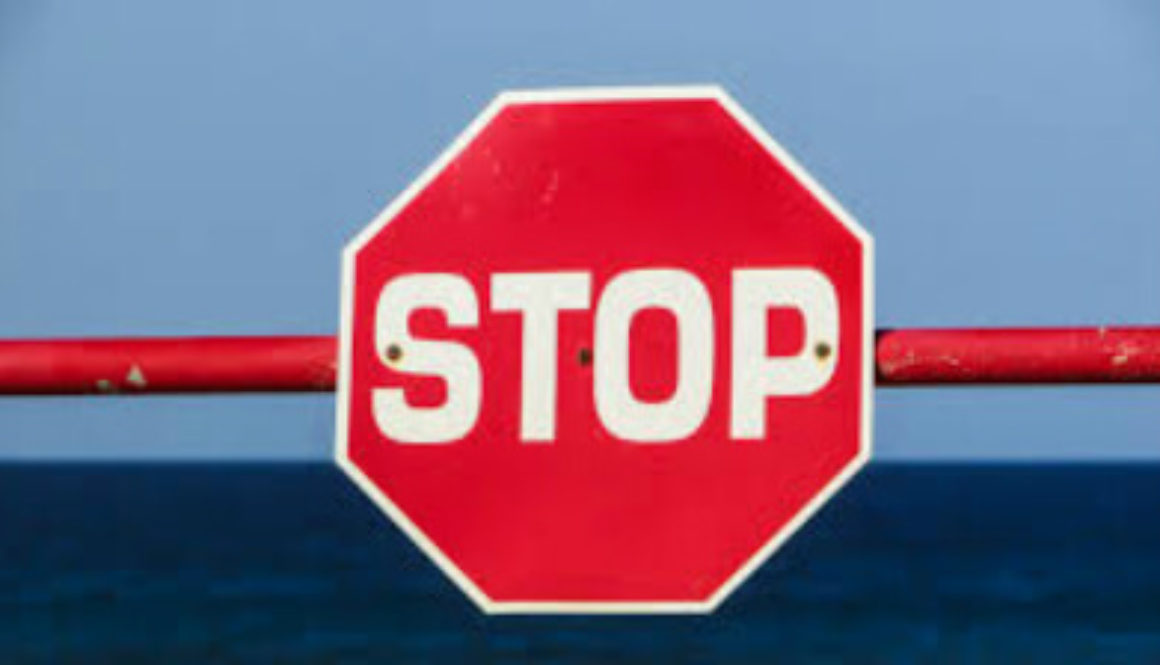
LIFE members & Management team up with a number of organisations across Europe to stop the attempt
to pave the way to a legal and widespread use of this harmful gear.
Brussels, 8 January 2018
Pulse fishing is widely recognized as destructive and has already been banned in most fishing nations worldwide, but in past years in the European Union a part of the fishing industry disguised its use for commercial interests under the label of research and innovation.
On the 16th of January the European Parliament will vote on whether to allow pulse fishing to expand.
This will certainly lead to long-term and large-scale disastrous consequences for marine ecosystems and small-scale fishing communities.
It is time to stop the process now: join LIFE members and call on the Members of the European Parliament to withdraw electric fishing from the January 16 vote.
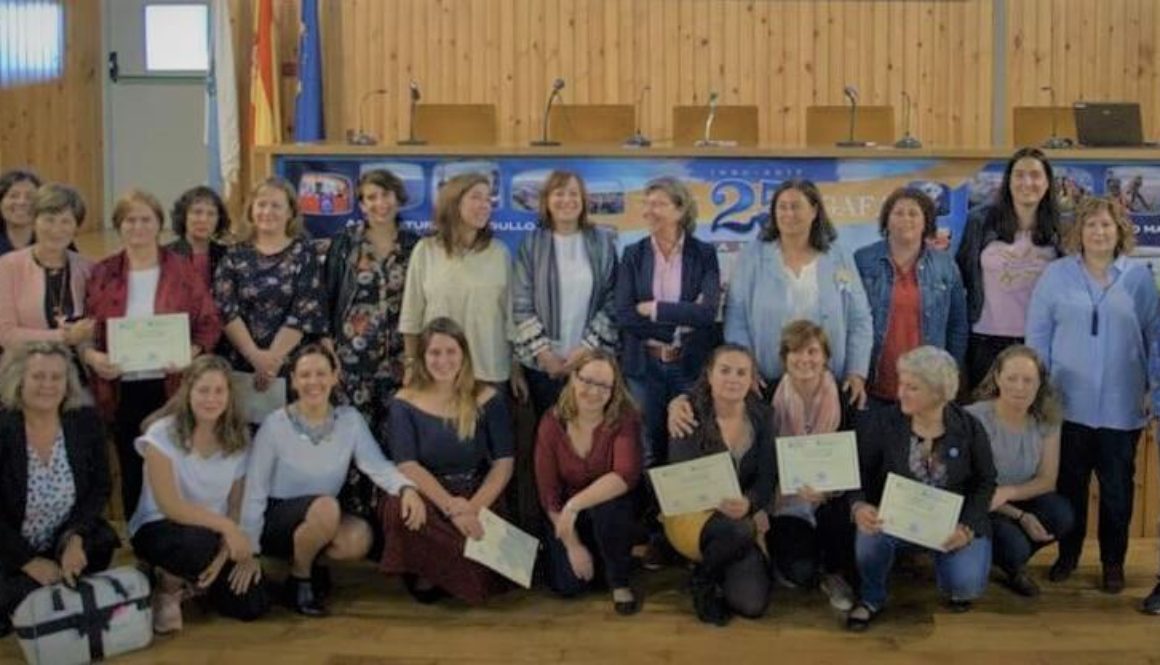
Biuletyn zawiera: